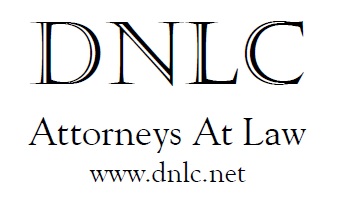The Significance of Disclosing Assets and Property When Filing Bankruptcy
A debtor has the duty to list all property and assets he or she owns. Even if one believes that there may be money or assets due to him or her in the near future, it should be disclosed; this includes but is not limited to inheritance, trust funds, tax refunds, pensions, and judgment from a filed or to-be filed lawsuit.
Was the Omission a Mistake or Intentional?
The possible adverse effects of a failure to disclose assets vary depending on the nature of a debtor’s actions that have led to omissions on the bankruptcy schedules. A debtor may be able to simply correct errors on the schedules if they are minor and honest mistakes, but the consequences may be more severe if assets are omitted from one’s bankruptcy forms due to excessive carelessness or a deliberate attempt to file with false information. More serious consequences include a debtor being denied discharge, having a discharge revoked, and occasionally, criminal charges.
Denial or Revocation of Discharge
A denial of discharge will allow a bankruptcy case to proceed, and a debtor must still turnover property to the trustee for liquidation. However, a debtor will remain liable for any debts that are not fully paid through the bankruptcy. A revocation of discharge functions in a similar fashion and is sought by the trustee when hidden assets are found after a debtor has received a discharge but before the case is closed, or up to one year after a debtor’s discharge is entered.
Criminal Liability
Criminal charges may be assessed against a debtor when one has made deliberate false statements on the bankruptcy schedules. The bankruptcy petition and schedules are signed as true and accurate under penalty of perjury, thus intentional false statements made to hinder, defraud, or delay creditors may be punished by fine or imprisonment.
Bankruptcy trustees are skilled and experienced in searching for a debtor’s assets. The technology available today provides trustees with numerous methods to search a debtor’s history regarding possible assets that have went undisclosed or are being hidden with family or friends.

